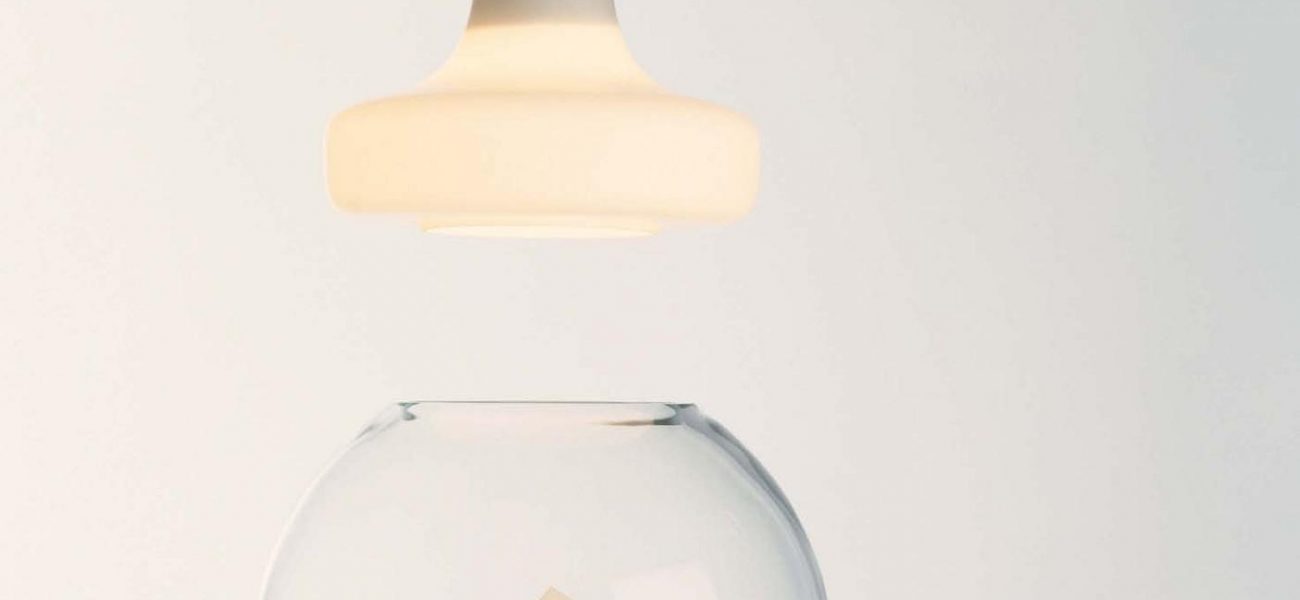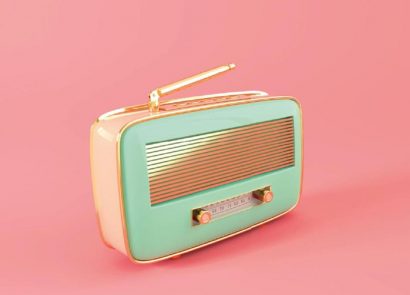Sugar may seem sweet, but the reality is excess intake can cause lots of health problems and also make you put on weight, meaning that limiting your intake can really help your waistline.
The NHS recommends having no more than 30g of the white stuff per day, but as it’s hidden in the ingredients of foods that you wouldn’t even expect, it’s incredibly easy to go over this amount. Zoe Stirling, nutritional therapist and co-owner of healthy hangout Squirrel (wearesquirrel.com) says: “Sugar has been in the news a lot lately, and it certainly seems to be the villain of the moment. As well as causing blood sugar levels to peak and trough, a high intake has also been linked to health conditions like diabetes and heart disease.” Follow her top tips to lower your intake, and you could lose six pounds in just three weeks!*
Don’t overdo it with fruit
It may sound surprising, but eating too much fruit can seriously increase how much of the sweet stuff you consume, thanks to its fructose content. “Limit your intake to one to two portions daily,” says Zoe. “Although fruit is good, it shouldn’t replace your vegetable consumption. Your emphasis should always be on consuming a wide variety of vegetables first and foremost to get your five a day.”
Avoid fizzy drinks
Putting down that glass of lemonade is a good way to cut down on your intake. “It might be hard, but it’s best to ditch the fizzy drinks and instead opt for water or herbal teas,” suggests Zoe. If this is too plain for you, try adding fresh cucumber or lemon for some extra flavour. Avoiding sweet drinks is a simple way to cut down on the sugar without making too much of a difference to your diet.”
Skip dessert
Always want pudding following dinner? “Many people find that it’s after meal times that they fancy something sweet, so try to distract yourself to avoid temptation,” Zoe advises. “You could cleanse your palate either by making a cup of fresh mint or peppermint tea, or try brushing your teeth earlier in the evening to reduce the sugar cravings.”
Avoid adding sugar to your drinks
It may be time to change up your hot drink order. “Try to wean yourself off added sugar in teas and coffees,” Zoe recommends. “The additional sweet stuff really does add up over the course of a day, so this is an way to reduce your intake without noticing too much. If it is too hard to go cold turkey, cut down the quantity bit by bit until you don’t need it any more.”
Check labels as you buy
Be savvy when you’re doing the weekly shop – “Utilise the traffic light labelling system in the supermarket to ensure food items or meals don’t contain high levels of sugar,” says Zoe. “It’s a quick and effective tool for ensuring there’s not too much in a specific dish, food item or product.”
Clean out your cupboards
Spring cleans don’t have to be reserved for that season alone. “If you seriously want to reduce your intake, remember the old adage of ‘out of sight, out of mind’,” Zoe states. “Have a complete clear out of your kitchen cupboards and get rid of any items that might cause temptations, such as chocolates, sweets and biscuits.”
Don’t consider honey as a healthy alternative
If you think that you can have other types of sweetener, you’ll need to reconsider. “The bitter-sweet truth is that sugar is sugar, meaning that swapping the white stuff for honey or maple syrup isn’t going to make that much difference in the long term,” explains Zoe. “Your body sees both products as glucose and therefore responds in a similar way. If you do want to add some sweetness to your dishes, try using spices like cinnamon and vanilla, as these will add to the flavour without significantly raising your blood sugar levels.”
Approach nut milks with caution
Be careful when choosing dairy-free milks. “We’ve become big consumers of nut-based milks such as almond and cashew varieties, however, many types can be high in sugar,” Zoe warns. “Look for unsweetened products and also those which are made purely from nuts and filtered water, rather than a mix of rice milk and almond, which have a higher sugar content.”
Ditch the sweeteners
You may consider artificial sweeteners as a good alternative to sugar, but they’re not. “Don’t swap out natural sugars for fake ones,” Zoe tells us. “They’ve actually been shown to increase weight gain, and not aid weight loss.”
Balance your meals
Take a look at what’s on the menu. “Ensure you’re getting enough protein and good fats to minimise sugar cravings,” says Zoe. “When we have lots of high carbohydrate foods, such as refined breads, pasta, white potatoes, and sweets, they send our blood sugar levels soaring, which inevitably only makes us crave more energy-giving food. This is why it’s important to make sure that your meals are well-balanced, with low glycaemic index carbohydrates such as brown rice or sweet potatoes, good sources of protein and healthy fats such as avocados, nuts and seeds.”



















